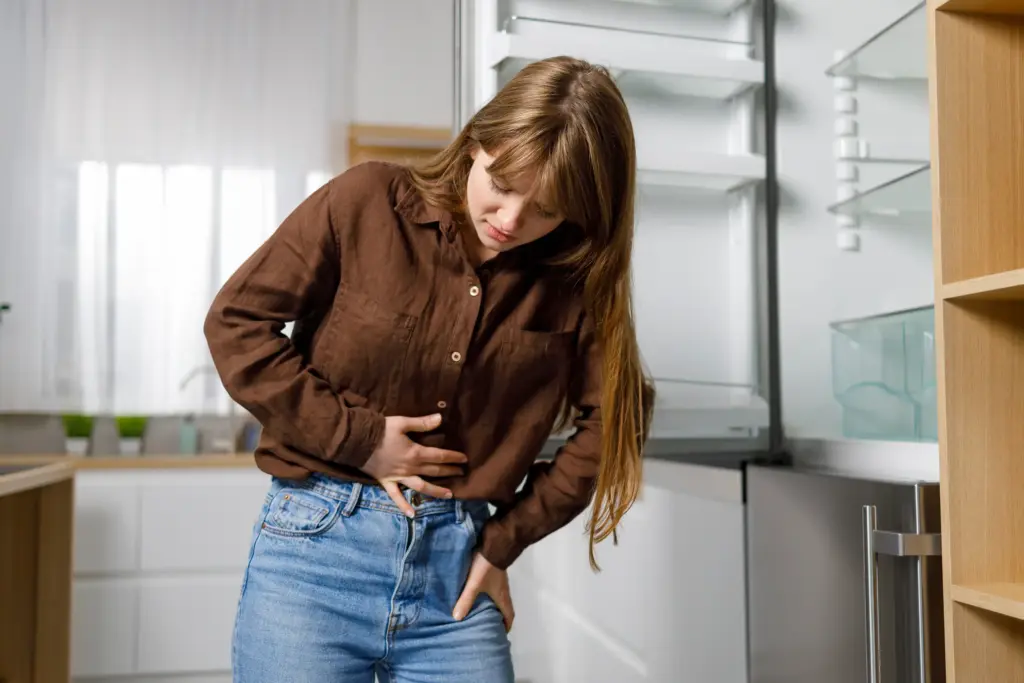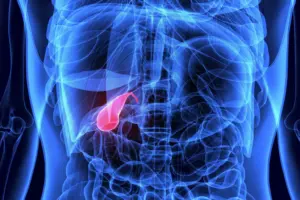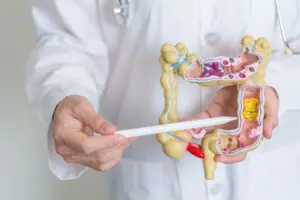
Gallstones or gas: If you have a sudden pain in your upper belly, it a good idea to try to locate the pain spot. It can be a harmless gas problem after a heavy meal or may indicate gallstones. It is good to know the difference between the two. It can save you from unnecessary worry or alert you to seek medical help in time.
Start with where the pain is
Gas pain often feels like bloating, cramping, or a sharp jabbing in the stomach area. It can move around, especially after eating certain foods like lentils, cabbage, or fried snacks. You may also notice burping or passing gas brings some relief.
Also Read | What increases your chances of developing gallbladder disease?
Gallstone pain, on the other hand, usually strikes in the upper right side of the abdomen, sometimes moving to the back or right shoulder. It feels more like a steady ache or a tightening sensation that can last from a few minutes to several hours. This pain often shows up after eating a heavy or fatty meal.
Notice the timing
Gas-related discomfort can pop up at any time and often improves with movement or passing gas. Gallstone pain tends to come on suddenly, especially after a rich meal, and doesn’t ease with walking or changing position. In some cases, it may even wake you up in the middle of the night.

Watch out for other symptoms
Gas doesn’t usually bring nausea, vomiting, or fever, just discomfort and maybe a feeling of fullness. But gallstones can lead to more intense symptoms: nausea, vomiting, yellowing of the skin or eyes (jaundice), and even fever if there’s an infection. If any of these show up, it’s important to get medical attention quickly.
What to do next
If your discomfort feels mild and goes away with some home remedies or walking around, it’s likely just gas. But if the pain is intense, keeps coming back, or is accompanied by other warning signs, it’s best to visit a doctor. An ultrasound can easily detect gallstones and guide treatment.
In the meantime, paying attention to your diet can help. Eating smaller meals, avoiding oily food, and staying active can reduce both gas and gallstone issues.
Also Read | Acid reflux vs. GERD: What’s the difference?
Understanding your body’s signals is the first step. So the next time your stomach acts up, don’t panic – just listen closely. Your body’s trying to tell you something.








